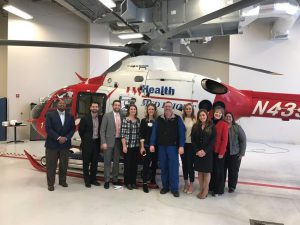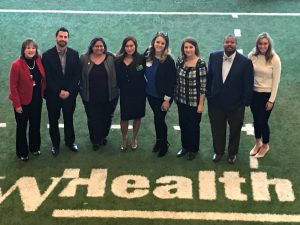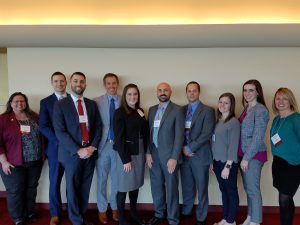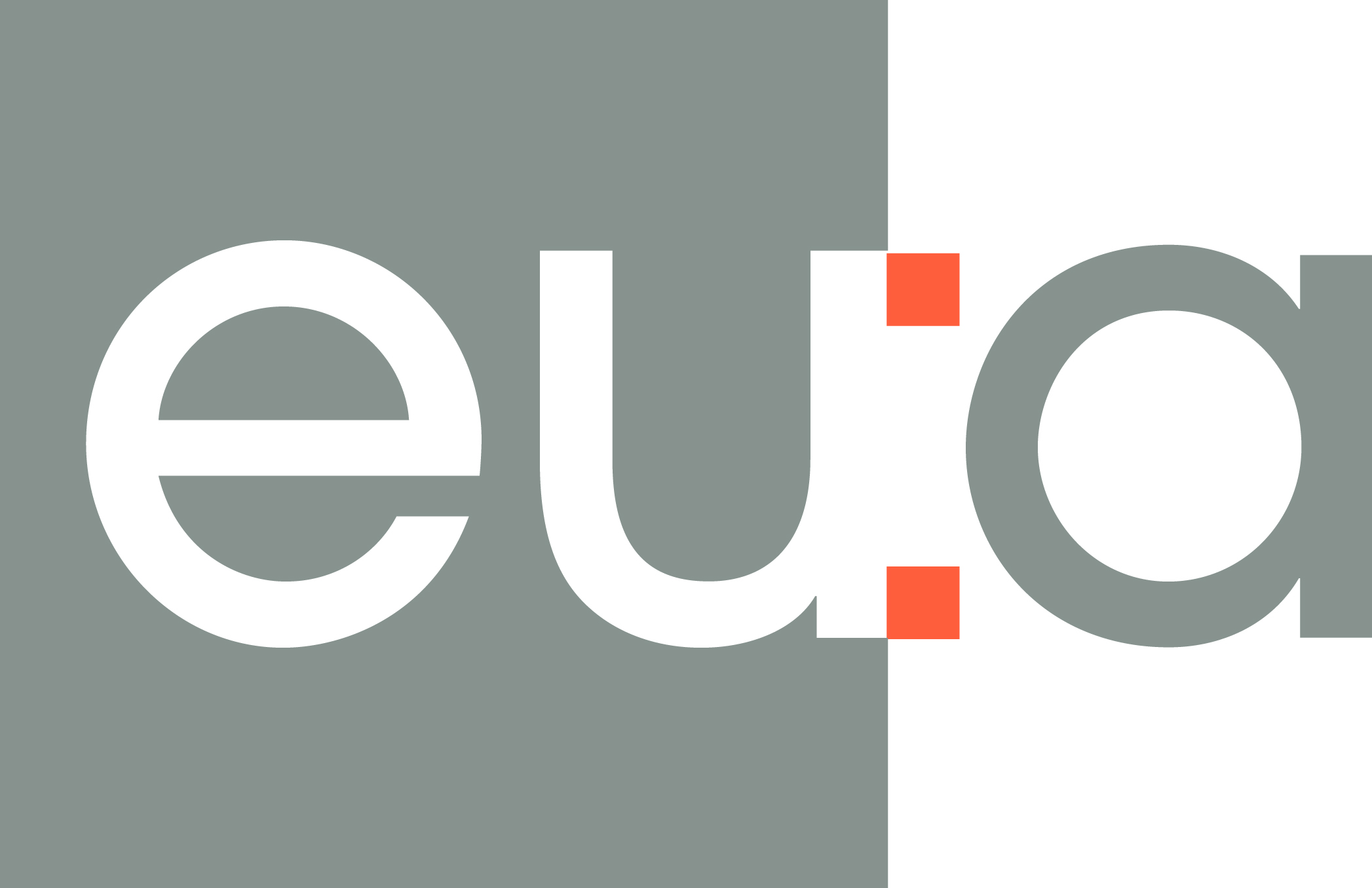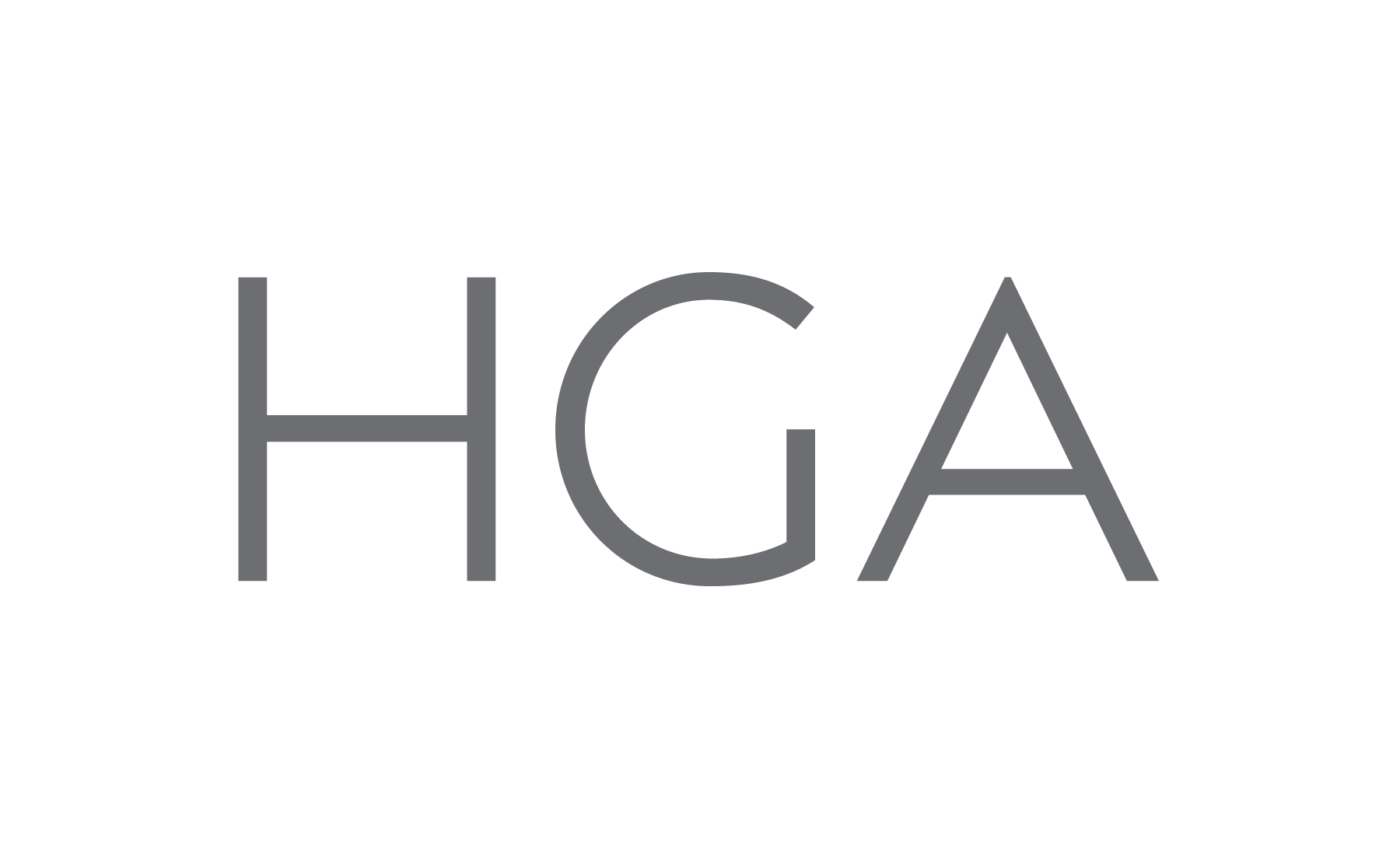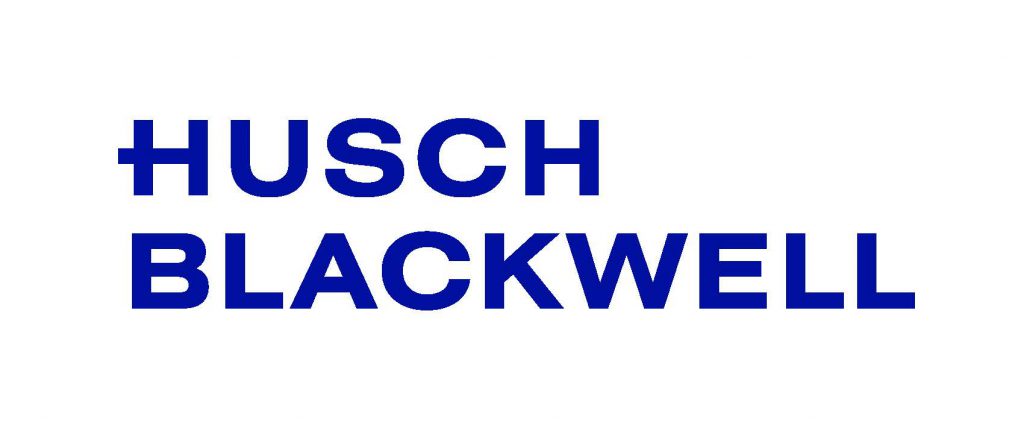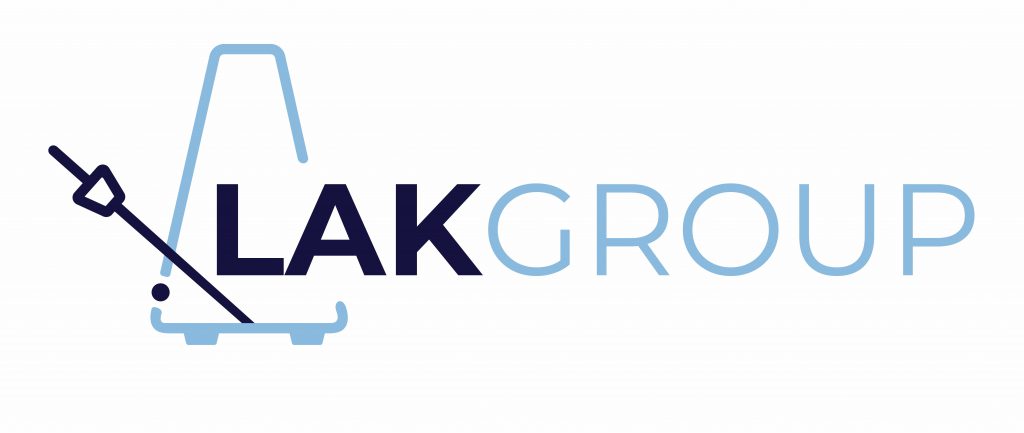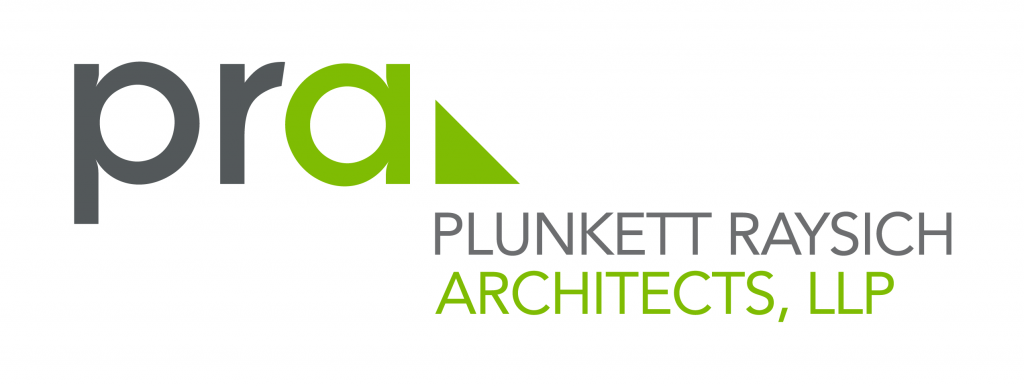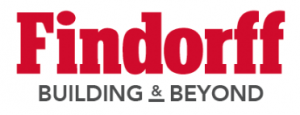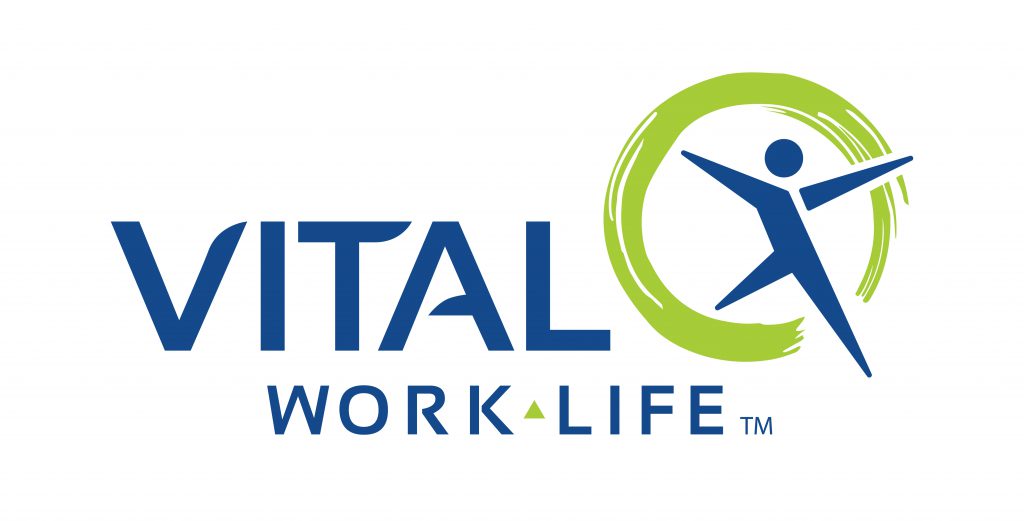Article by Kathleen Olewinski, FACHE, 2017-2018 LDP Chair
The 2017-2018 Leadership Development Program (LDP) Cohort wrapped up their 2018 Site Visits with a day at UW Health including The American Center, Yahara Clinic, and University Hospitals & Clinics.
The group started their day at The American Center with a light breakfast and a round table discussion with senior leaders, including John Sheehan, MA, FACHE, President UW Health at The American Center and Senior Vice President; and Vicki Hill, MS, MBA, FACHE, Vice President Clinical Operations. Dave Knight, Sports Performance Program Manager, then led a discussion and facility tour.
Yahara Clinic was the next stop, which featured a facility tour, and a presentation and discussion with senior leaders including Teresa Neely, SVP, RN, BSN, MHA, Chief Ambulatory Officer & Chief Nursing Officer, Ambulatory; Karil Walther, RN, BSN, DNP, Interim VP, UW Health Primary Care Clinics; and Kay Porter, MBA, Director, Primary Care.
University Hospital and Clinics was next on the agenda, highlighted by a discussion with Dr. Alan Kaplan, MD, FACHE, MMM, CPE, FACPE, Chief Executive Officer, who also shared valuable insights and a three-part series of articles on “Climbing the Ladder to CEO” published in The Physician Executive. Next, the group had a health and wellness focused discussion with Megan Waltz, RD, FACHE, Director of Culinary and Nutrition, and wrapped up the site visit with a Med Flight Tour.
The site visit was co-hosted by Vonda R. Shaw, MS, MPH, FACHE, Manager – Preventive Cardiology and Heart Station, University of Wisconsin Hospital and Clinics; and Alicia Rizzo, MHA, UW Health Clinic Operations Manager, Northeast Family Medical Center. Both invited their Leadership Development Program (LDP) mentees, Savannah May and Kaohli Yang from Future Healthcare Executives (FHE) at the University of Wisconsin-Milwaukee, to join the full day site visit.
The LDP cohort ended the day with an End-of-Year Social and Wrap-Up at Erin’s Snug Irish Pub and Restaurant in Madison.
